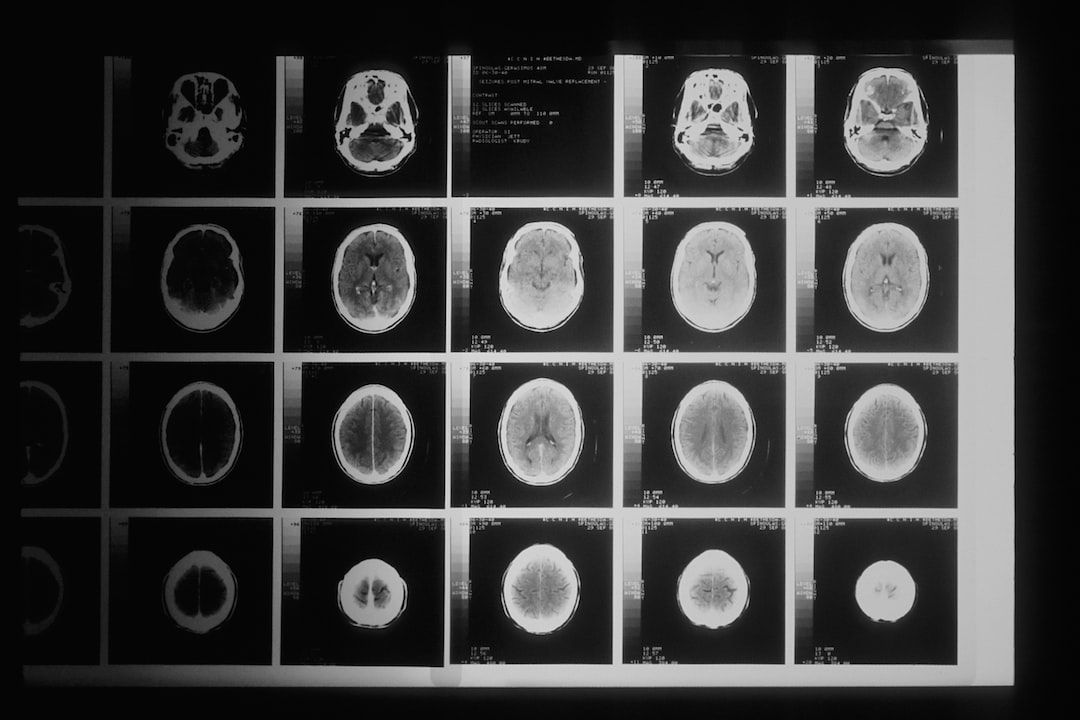Not that long ago I was sitting next to a Neurosurgeon at a wedding. He was a great guy and a lot of fun, and obviously I had millions of questions for him.
At first he tried to keep the conversation very low practical and also downplayed most of his amazing work. Normally he’s the one operating and if the patient survives without a too high degree of invalidity, his work is seen as a success. Afterwards other people take care of the rehabilitation. But as he humbly formulated: for an operation to be a success, the mental rehabilitation training afterwards is crucial. Therefore he was also extremely interested in my work regarding HSE professionals and how knowledge about mental events and cognitive training can affect the overall safety in the work field. And he had a very interesting point to make as well! To lay the foundation for our further talk and to understand both the capacity but also fragility of our brains, I want to be a bit nerdy about how scientists think we generate thoughts and store our memory. Please write to me, if you want me to elaborate on anything as this is my passion!

So, a common theory regarding our thoughts is that they’re generated when neurons fire (neurons being the single cells of the nervous system). When a neuron fires it does so along the so-called axon (which is a thin, tube-like extension from the cell body of the neuron) that carries messages to other neurons (or muscle cells). Besides the cell body of the neuron and the axon, a neuron also consists of dendrites (other thin, tube-like extensions from the neuron) that receive inputs. Between all neurons (between the axon of one neuron and the dendrite of another neuron) are tiny gaps called synapses. When a neuron fires, an axon then sends chemicals (known as neurotransmitters) shooting through the gap, which generate electrical signals in neighbouring neurons. These electrical signals propagate like a wave to thousands of other neurons, which then in the end leads to thought formation.And all of this just for one single thought! Try to imagine how much work your neurons and your central nervous system actually do for you everyday.
Sometimes we, however, have trouble recalling knowledge that we know is in there. We might be tired and under a lot of pressure, and even though all it takes to access this knowledge and think actively about it is a “small” chemical reaction and some neurons firing, we sometimes can’t do it.
I talked about this with the neurosurgeon, and he had a very interesting point. So, when they take out some small part of the brain during an operation, it doesn’t always have the same outcome. Sometimes a person might forget all his memories regarding his favourite sport game, and you might think that this knowledge is lost forever. But sometimes people “magically” regain this knowledge again and it is only lost for a short period of time. His view on it was that this in some way is very similar to our experience of not being able to recall knowledge, as we’re often only unable to do so for a limited time period. The difference is that in one case you’ve been operated on and in the other your brain should be fine and working?
What does all of this have to do with HSE? Consider someone who just got a brain operation and might have lost a bit of their knowledge, even if for a short period of time. Would we let this person perform any tasks that included risks? I think the answer is no. But by letting untrained employees perform dangerous tasks we somehow run the same risk. These employees might not bring a well rested brain to work or they might be stressed. And as HSE professionals we can’t and shouldn't control their mental state. But we can educate these employees in knowing how to deal with their mental state and to recall their knowledge better even in stressed situations. And it’s actually not that difficult, but it will without doubt reduce the amount of accidents and ensure that more people go home safely. All giving more credit to your great HSE work!


